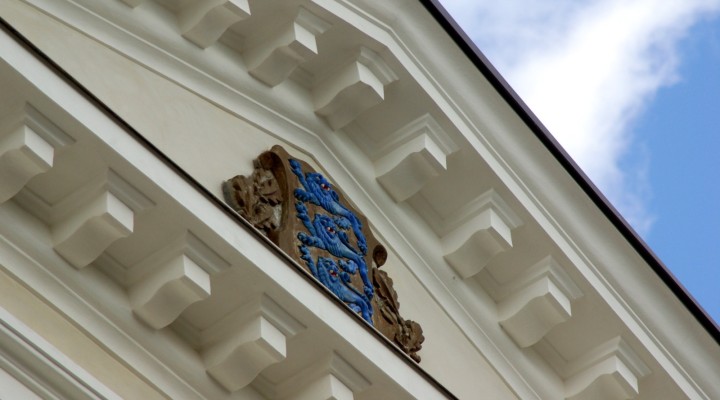The analyses were carried out between 2021 and 2023, and the working group concluded that, although the introduction of nuclear energy requires extensive long-term preparation and resources, with timely planning, adequate funding, political and public support, the introduction of nuclear energy in Estonia is feasible. The deployment of nuclear energy in Estonia would support the achievement of climate targets, security of supply, and stability of the energy system.
“Estonia is moving towards cleaner and more competitive energy production, renewable energy is cheaper than fossil sources,” said Minister of Climate Kristen Michal. “Nuclear energy can be the next option in the coming decades, with renewable energy capacities growing in the intermediate period, providing a cheaper price for consumers and a resource for industries to export.”
The deployment of nuclear energy in a country without previous experience and the necessary background system requires years of preparation and would take at least 9–11 years to start generating electricity from a nuclear power plant.
If the Riigikogu makes a positive decision on the introduction of nuclear energy after a public debate, the next step will be to start preparing the regulatory and legal framework, training the specialists and experts needed for a nuclear power plant, and setting up an authority to oversee the planning of the plant.
Assuming that the construction of a nuclear power plant would be financed by the private sector and that the role of the state would be to create a regulatory and legal framework enabling the use of nuclear energy, the cost to the state budget from the implementation of the nuclear programme until the start of electricity generation at the plant would be around €73 million, plus the cost of developing emergency response capabilities, the exact amount of which can be estimated at later stages.
The final report of the nuclear energy working group can be found on the website of the Ministry of Climate: https://www.kliimaministeerium.ee/en/node/215
